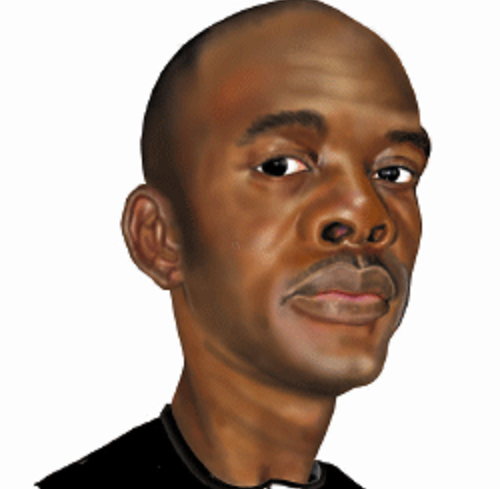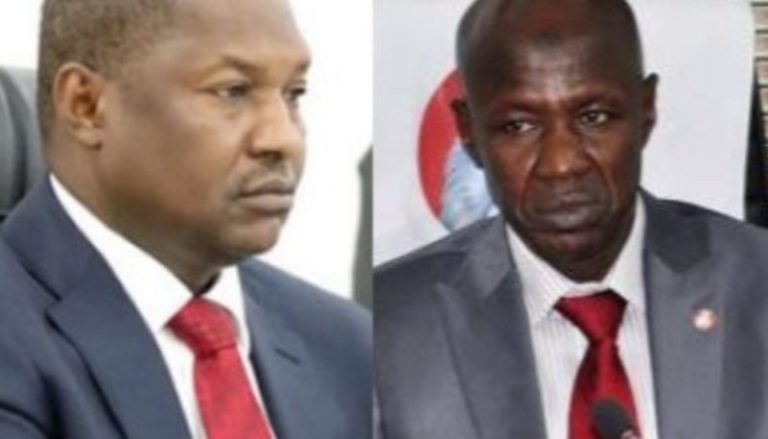By Chika Otuchikere
The President Muhammadu Buhari administration, on Wednesday, gave approval for the construction of a rail line that would snake through Kano, Jigawa and Katsina into Niger Republic. The project is expected to cost Nigerian tax payers a whopping $1,959,744,723.71. Minister of Transportation, Rotimi Amaechi who briefed newsmen on the development said that the money approved for the development of the proposed rail line linking Kano-Dutse-Katsina-Jibia and to Maradi in Niger Republic was inclusive of Value Added Tax. According to the minister who was a former governor of oil-rich Rivers State, the rail line would assist in the supply of crude oil from Niger Republic to the refinery being built in the border town between both countries.
Many Nigerians have described this contract which was initially budgeted in the 2018 Appropriation, as scandalous misplacement of priority on the part of the Nigerian government. Spending such stupendous amount on a rail line that would create easy access for Nigeriens to flock into the country is suspicious, to say the least. At a time Nigerians are experiencing the worst hardship engendered by the inhuman economic policies of this government that has reduced the citizens to the world’s poorest and left many with the only option of resorting to taking their own lives, displays how unfeeling the handlers of this government are.
During the last seven months of this coronavirus pandemic, the government did not bother about how its citizens survived. No palliatives were made available to majority of the people, even those who got had nothing to write home about. There were some private schools whose teachers have not received a single salary from their proprietors and nobody bothered, not even the Central Bank of Nigeria (CBN) which announced life line, remembered those teachers among many other workers in endangered sectors of this country. Yet this government has enough money to plow into Niger Republic bound rail line.
Most of the highways crisscrossing the length and breadth of the various states and local government areas of the country are in their worst state of disrepair and deathtraps which have wasted the lives of millions of Nigerians over the years. Yet this government has not seen the urgent need to end carnages on our highways through making them motorable. If that amount of money were invested into roads repairs it would drastically reduce accidents on our roads. It is not difficult to notice that one of the major causes of accidents on the Nigerian roads is the volume of heavy duty vehicles, especially petrol tankers, on the highways. The recent accident caused by petrol tanker that roasted over 40 lives is a case in points. Those accidents were avoidable if the roads were in good conditions. This year alone has recorded dozens of such incident which also recorded loss of lives. Are we to also mention other articulated vehicles that convey cement and other hardware to the various states? It is very unlikely that various road and road emergency agencies can have accurate figures of the incidents and deaths resulting from their frequency.
If you ask many Nigerians, the country does not need roads or rails to link her with Niger Republic, at least, not any time soon, until the wanton killings of Nigerians in the state, cities, towns and villages are addressed. Today, Nigeria has become a hotbed of kidnappers, armed robbers and bandits who invade entire communities on a massacre spree. They take over the communities, raping mothers and their young daughters, tearing open wombs of pregnant women, yanking off the babies in the wombs and dashing them against the wall. The most horrifying tales of these human devils have continued to make news daily.
To think that some of these gruesome incidents have occurred in President Buhari’s own home town in Katsina explains the level of helplessness all the other states find themselves. It is instructive to note that quite a number of people who survived the onslaught of these killers have come out to report that the attackers were Fulfulde speaking Fulani, leaving Nigerians with the conclusion that they were northerners. However, Government officials have been reported as saying that the Fulani who invade homes in villages and communities are actually Fulani from Niger Republic. According to them, these Nigerien Fulani get their arms from some crisis-torn Arab-African countries such as Libya and Tunisia.
It is also widely believed that the Boko Haram insurgency problem of Nigeria has remained nearly insurmountable majorly because of their link with similar gun-running groups in Niger Republic. All these are indications that the Buhari government has no business executing a major rail project linking Nigeria and Niger Republic especially at this trying time in our history, even when the Chinese are said to be bankrolling it. Many Nigerians allude that the spate of these heinous criminality became more pronounced under the rule of President Buhari, himself a Fulfulde speaking Fulani as well as most of his security chiefs. The president must be told emphatically, that Nigerians don’t want this rail line to Niger Republic unless the government has a hidden agenda. The money should be plunged into improving our roads, health, education, social welfare and security or even electricity but not plowed into improving Niger Republic.

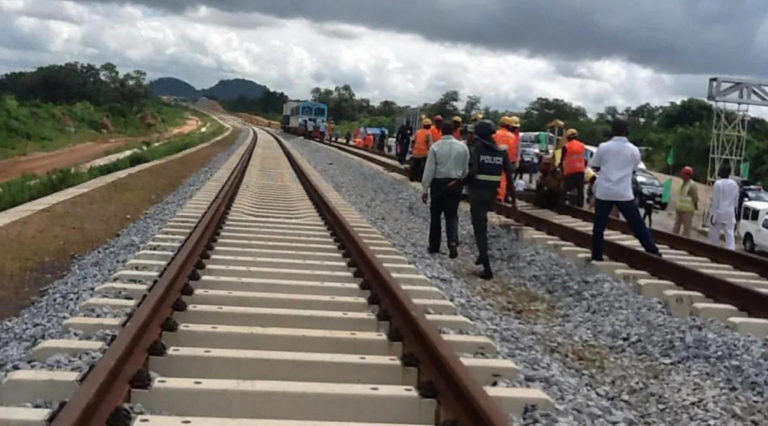

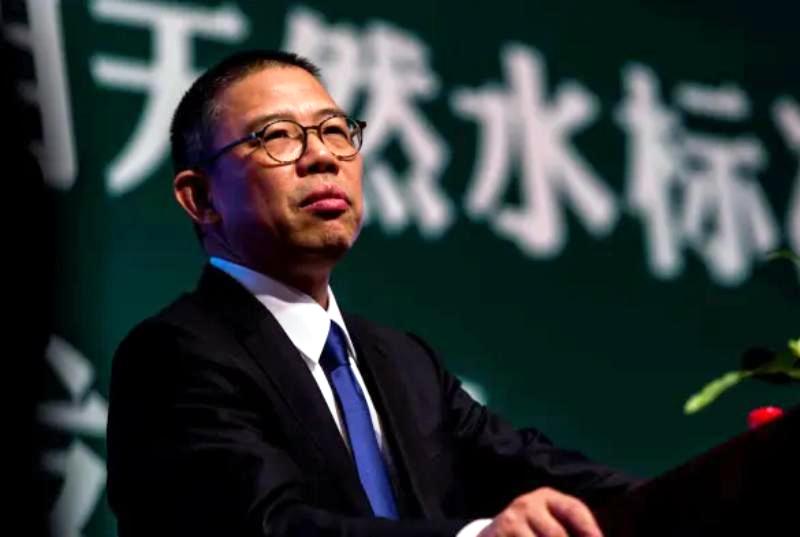
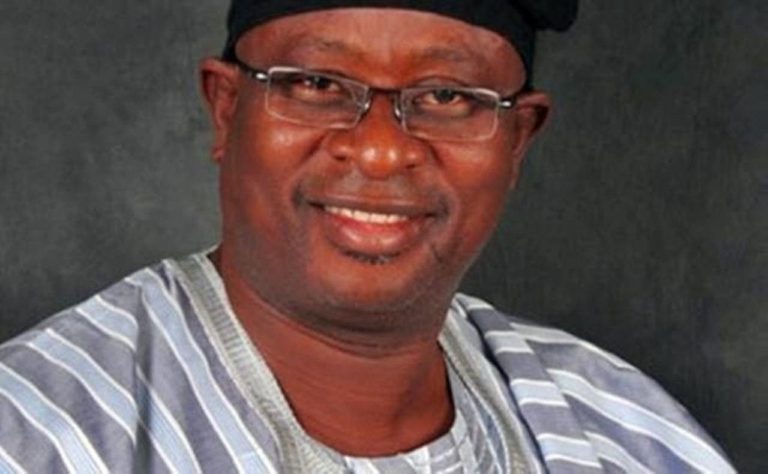

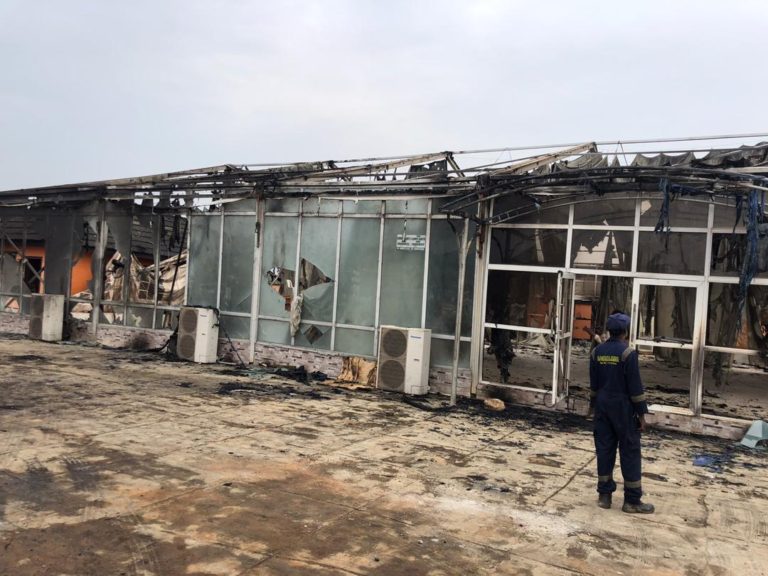

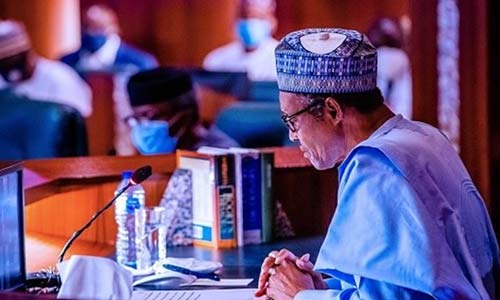
![[Just In] Industrial Court Restrains NLC, TUC from Embarking on Planned September Strike [Just In] Industrial Court Restrains NLC, TUC from Embarking on Planned September Strike](https://lawandsocietymagazine.com/wp-content/uploads/2020/09/Capture-38.jpg)
